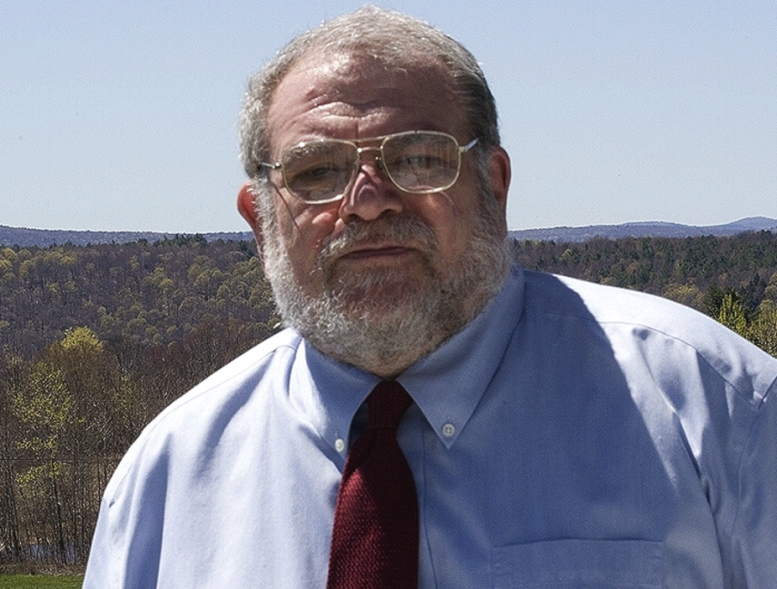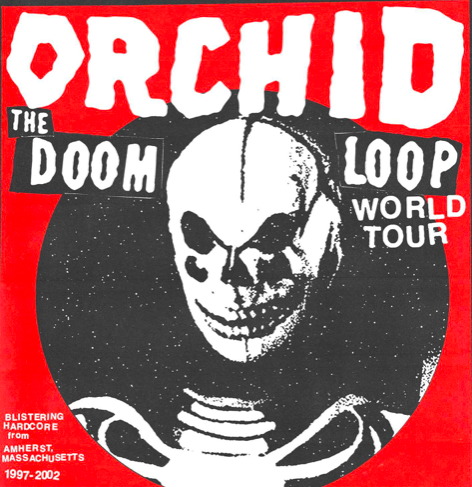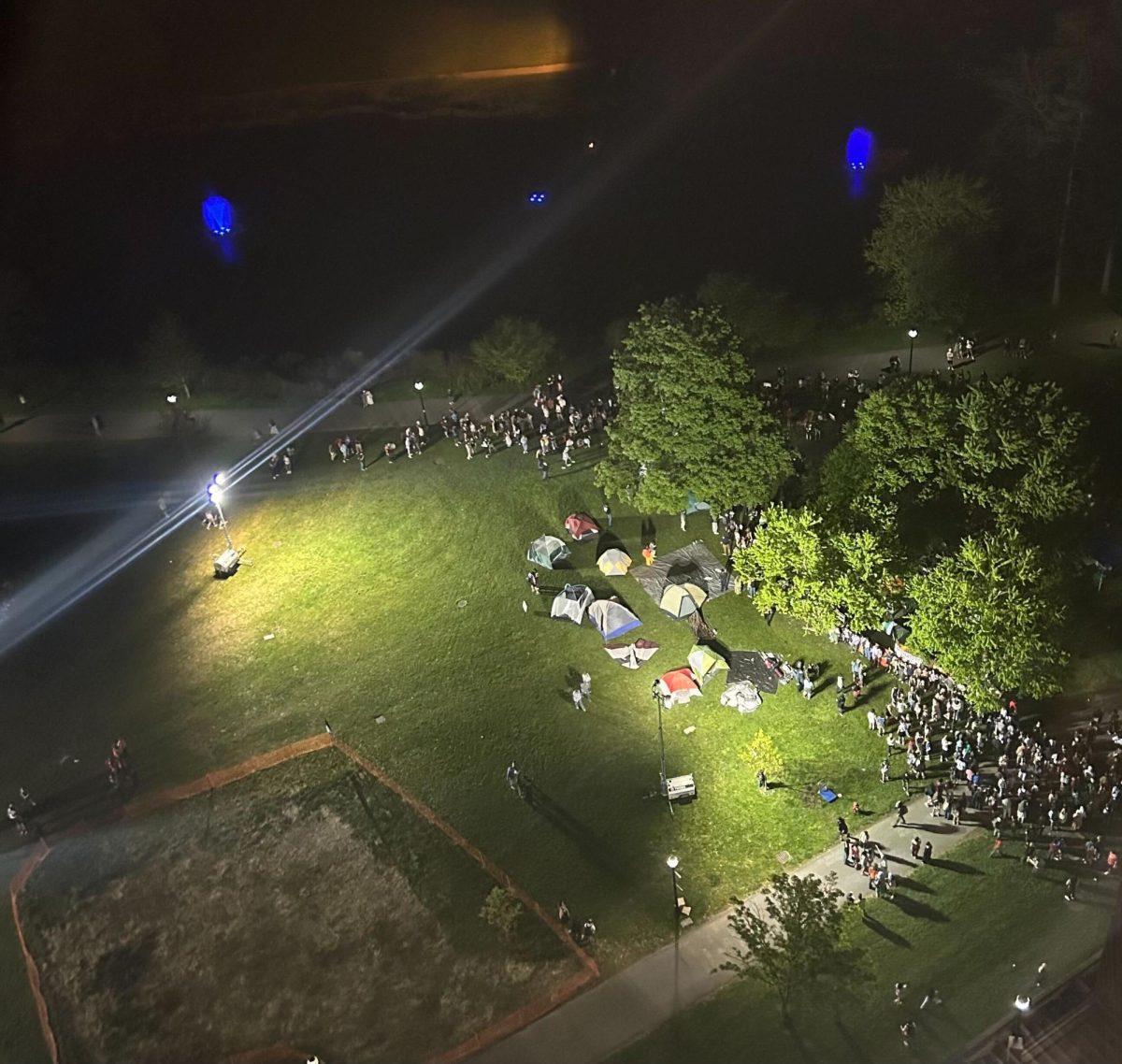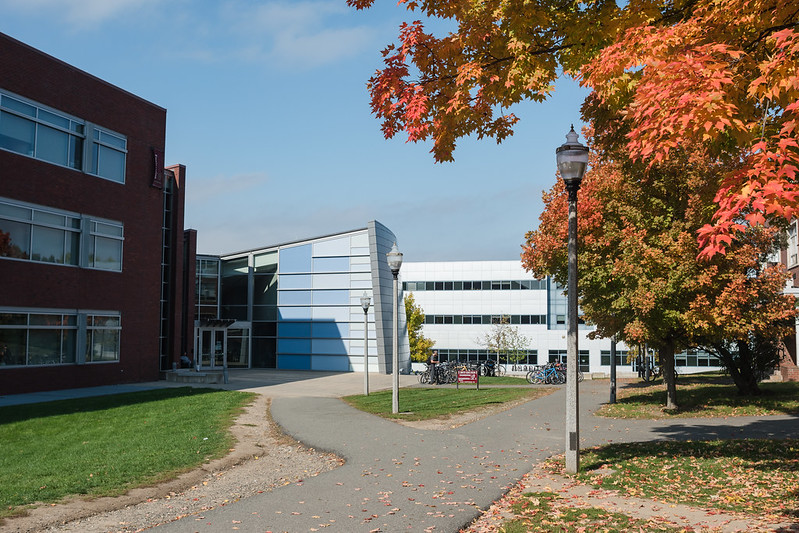
Emeritus Professor Anthony R. Harris, formerly of the Sociology Department at the University of Massachusetts, has received a two-year Harry Frank Guggenheim Foundation Grant.
‘ ‘ ‘ ‘ ‘ ‘ ‘ ‘ ‘ ‘ ‘ Harris will be studying race differences in homicidal outcomes from criminal injury.
‘ ‘ ‘ ‘ ‘ ‘ ‘ ‘ ‘ ‘ ‘ ‘There is a huge race difference in homicides,’ said Harris. ‘Adjusted for population size, the black homicide rate is seven times higher than the white rate.’
‘ ‘ ‘ ‘ ‘ ‘ ‘ ‘ ‘ ‘ ‘ Harris will look at a number of different databases to find out where along the line from criminal assault to possible death race differences are created that lead to more black homicides, whether in the original action or other places along the line between the original action and death that creates the staggering statistical difference.
‘ ‘ ‘ ‘ ‘ ‘ ‘ ‘ ‘ ‘ ‘ ‘I expect the differences do not have as much to do with murderous intent, but as with what interventions come afterwards,’ said Harris. ‘If you see the process in slow motion, you can see ways of looking at race differences in homicide from a different perspective.’
‘ ‘ ‘ ‘ ‘ ‘ ‘ ‘ ‘ ‘ ‘ In his research, Harris will be looking at multiple questions and different viewpoints to find his answer.
‘ ‘ ‘ ‘ ‘ ‘ ‘ ‘ ‘ ‘ ‘ ‘Are witnesses calling 9-1-1 more likely to be involved in white homicides than black ones?’ Harris asked. ‘Is it the case that ambulances take longer to arrive in black homicides? Are there more medical procedures provided to whites in the ambulance? Are blacks likely to receive less high quality medical care in the hospital? If so, do these differences have anything to do with medical insurance?’
‘ ‘ ‘ ‘ ‘ ‘ ‘ ‘ ‘ ‘ ‘ The new study that Harris is working on has some overlap with a piece he helped write in 2002 when he was still a professor at UMass. Harris received international attention along with three other co-authors, Stephen Thomas, Gene Fisher, and David Hirsch, for their study ‘Murder and Medicine: The Lethality of Criminal Assault 1960-1999.’
‘ ‘ ‘ ‘ ‘ ‘ ‘ ‘ ‘ ‘ ‘ In that study, there was not a focus on race, but on how the death rate went down in overall assaults due to better emergency medical care and new medical technology.
‘ ‘ ‘ ‘ ‘ ‘ ‘ ‘ ‘ ‘ ‘ ‘We are blinded to the amount of violence around because hospitals are saving people who have died 20 years ago,’ said Harris. ‘If it weren’t for emergency medical care, the death rate would be three to five times higher.’
‘ ‘ ‘ ‘ ‘ ‘ ‘ ‘ ‘ ‘ ‘ In his new research, he will be exploring if emergency medical care is different based on race.
‘ ‘ ‘ ‘ ‘ ‘ ‘ ‘ ‘ ‘ ‘ ‘The biggest problem with studying this is that there is no one database, so you have to look at a lot of different ones,’ said Harris.
‘ ‘ ‘ ‘ ‘ ‘ ‘ ‘ ‘ ‘ ‘ He will be looking at the National Crime Victimization Surveys in which there is information reported by the victim that may not have been reported to the police.
‘ ‘ ‘ ‘ ‘ ‘ ‘ ‘ ‘ ‘ ‘ The National Incident Based Reporting System has more details about crimes, including victim, offender, nature of crime and weapon and if there is any property or personal damage. The National Violent Death Reporting System adds more information about witnesses, injury location, weapons used, and ambulance arrival.
‘ ‘ ‘ ‘ ‘ ‘ ‘ ‘ ‘ ‘ ‘ Harris will also be looking at the National EMS Information System for criminal injuries that involve transportation by ambulance to the hospital, where he will find answers to his questions about the time it takes to get to the crime scene and then to the hospital, treatment in the ambulance and other pertinent information about the hospital stay.
‘ ‘ ‘ ‘ ‘ ‘ ‘ ‘ ‘ ‘ ‘ ‘For a long time when people thought about homicides, they thought about dramatic actions with deadly intent,’ said Harris. ‘With modern medicine, you can see many if not most homicides are not instantaneous. It could take hours, days, or months for aggravated assault to become homicide.’
‘ ‘ ‘ ‘ ‘ ‘ ‘ ‘ ‘ ‘ ‘ While he is set to start this year to do his research, the data will probably be a few years old.
‘ ‘ ‘ ‘ ‘ ‘ ‘ ‘ ‘ ‘ ‘ ‘It is likely that the most recent data I will have will be from 2006,’ said Harris. ‘There is almost always a lag in social data you can get your hands on.’
‘ ‘ ‘ ‘ ‘ ‘ ‘ ‘ ‘ ‘ ‘ Harris is hoping to write a few reports and articles during his study, and possibly a book after all of his research is done, but is unsure at this time.
‘ ‘ ‘ ‘ ‘ ‘ ‘ ‘ ‘ ‘ ‘ ‘The process always takes a long time,’ said Harris.
‘ ‘ ‘ ‘ ‘ ‘ ‘ ‘ ‘ ‘ ‘ Harris worked at UMass from 1973 until 2006, and directed the sociology department’s residential criminal just program from 1998 to his retirement in 2004, and the joint sociology department/continuing education online criminal justice program from 2001 to 2006.
‘ ‘ ‘ ‘ ‘ ‘ ‘ ‘ ‘ ‘ ‘ Emily Reynolds can be reached at [email protected].






